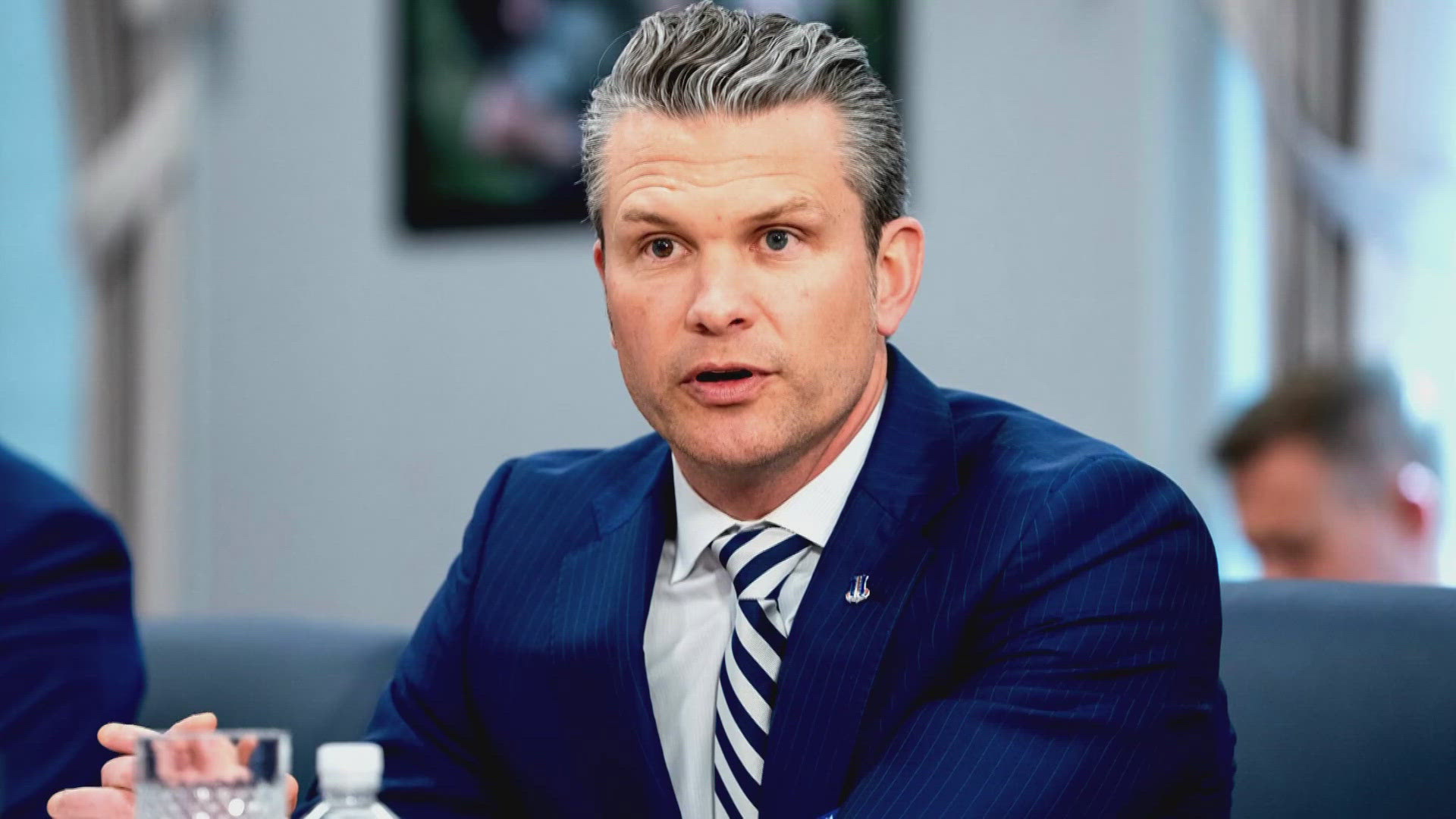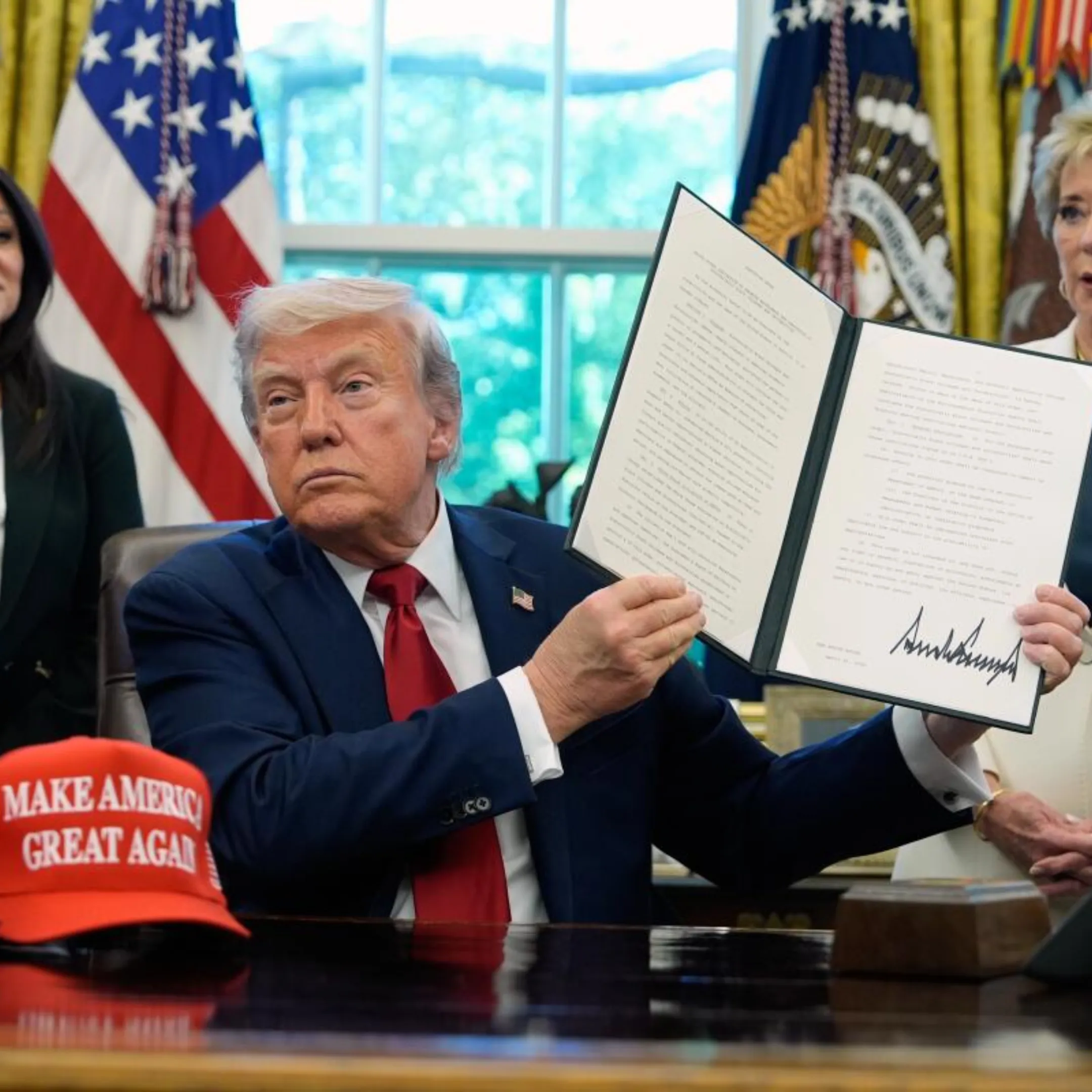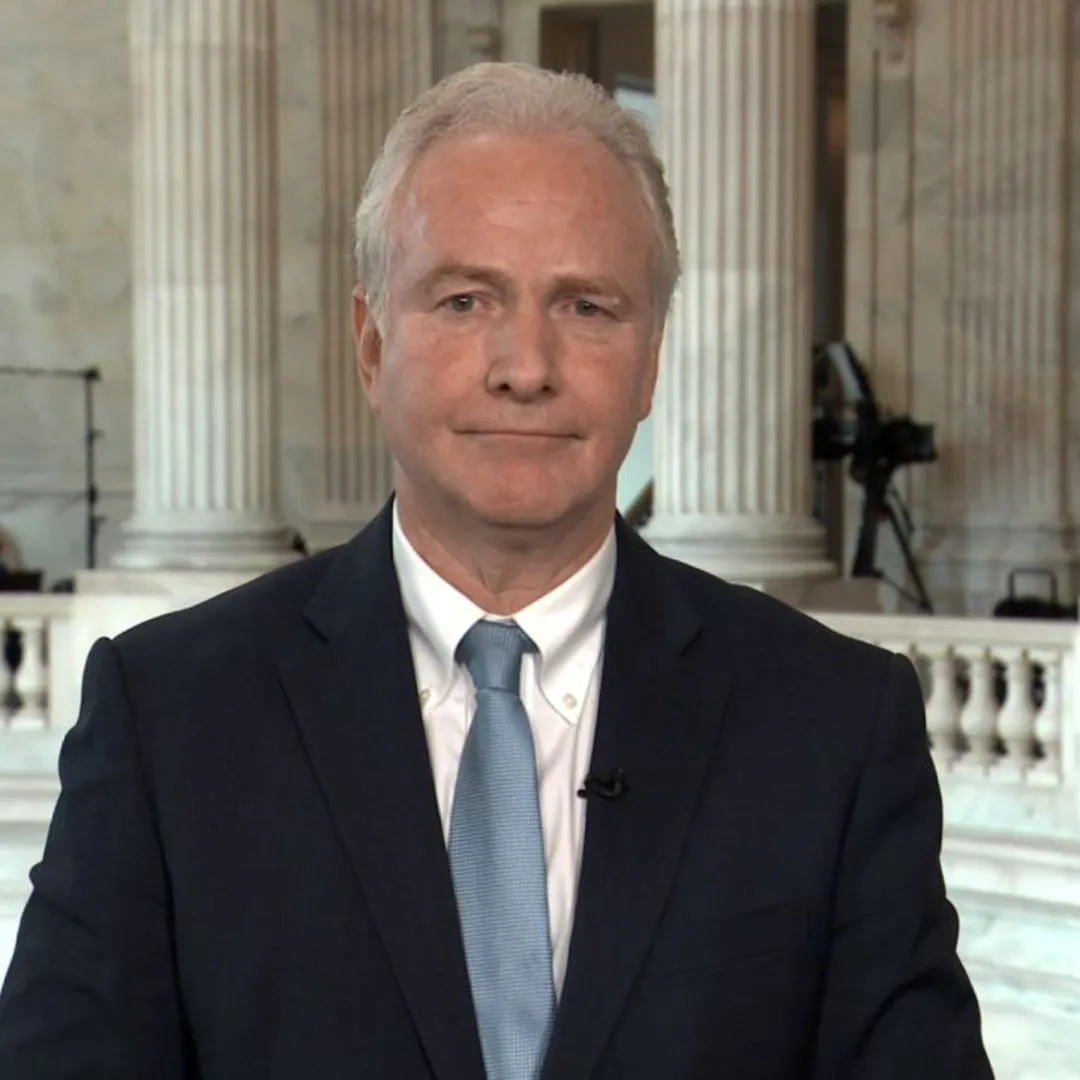Defense Secretary Pete Hegseth is facing intensifying scrutiny over his handling of sensitive military information after reportedly forwarding details of a classified U.S. strike in Yemen to unauthorized recipients through the Signal messaging app.
The revelation, disclosed by multiple officials with direct knowledge of the incident, has reignited concerns about Hegseth’s qualifications, judgment, and the security of critical national defense operations under his leadership.
According to internal sources, the sequence of events unfolded in the moments before U.S. fighter jets launched an operation against Iranian-backed Houthi forces in Yemen. Army General Michael Erik Kurilla, the head of U.S. Central Command, used a secure government communication system to send Defense Secretary Hegseth precise information about the operation, including timelines for fighter jet departures and strike targets.
This system, designed specifically to safeguard classified and sensitive information, ensured that only authorized recipients with security clearance could access the content. General Kurilla’s message followed proper protocol in ensuring that the Defense Secretary received real-time intelligence necessary to oversee the strike.
However, within minutes of receiving the sensitive material, Hegseth reportedly took the information and shared portions of it using his personal phone on the encrypted but unclassified Signal messaging platform. The information was sent to at least two group chats, one composed of senior administration officials and their staff, and another that included his wife, his brother, his attorney, and select aides.
In one of these groups, a notable mishap occurred when the editor-in-chief of The Atlantic, who had been accidentally added, received the message alongside other recipients. The timeframe between Kurilla’s secured message and Hegseth’s Signal transmissions was reportedly under ten minutes.
The Pentagon has publicly denied that any classified information was shared over Signal. “No classified material was ever shared via Signal,” said chief Pentagon spokesperson Sean Parnell, who dismissed the controversy as “an attempt to sabotage President Trump and Secretary Hegseth.”
Nevertheless, the use of unsecure personal communication channels to transmit military details—especially in the context of imminent airstrikes—has alarmed current and former officials who question the ethical and security implications of Hegseth’s actions.

Critics argue that even if the content was not officially classified, it still constituted sensitive operational data whose premature or improper disclosure could have endangered American personnel. The urgency of fighter jet deployment, specific targeting details, and the tight operational window mean that even indirect exposure to unauthorized parties could pose a real-time threat.
According to sources familiar with the matter, Hegseth had previously been cautioned by aides not to share sensitive information through unsecured platforms in the days leading up to the Yemen strike. That warning was reportedly ignored.
Hegseth has maintained that the Signal messages did not breach security regulations. Speaking on Fox & Friends, the very program he once co-hosted, he said, “What was shared over Signal, then and now, however you characterize it, was informal, unclassified coordinations for media coordination, other things. That’s what I’ve said from the beginning.”
His statement, however, did not directly address the inclusion of his wife and brother in conversations about active military operations.
President Trump has continued to express confidence in his Defense Secretary, dismissing media reports as partisan attacks. “Pete’s doing a great job; everybody’s happy with him,” Trump said during a public appearance at the White House Easter Egg Roll.
The President’s endorsement appears to have solidified Hegseth’s position for the time being, with advisers insisting that no discussions are currently underway regarding his removal.
Still, dissent is growing—even within Trump’s own party. Representative Don Bacon of Nebraska, a Republican member of the House Armed Services Committee and a retired Air Force general, became the first in his party to publicly call for Hegseth’s resignation.
“I had concerns from the get-go because Pete Hegseth didn’t have a lot of experience,” said Bacon. “I like him on Fox, but does he have the experience to lead one of the largest organizations in the world? That’s a concern.”

The incident has also raised alarm among former national security officials. One high-ranking official from Trump’s previous administration expressed disbelief at the decision to share military planning details with family members.
“I can’t imagine a scenario where national security officials would see fit to share sensitive details about policy and planning with family members who don’t have a need to know,” the official said. “To do it over an unclassified messaging app is even more egregious.”
The situation presents a serious challenge to the credibility and integrity of the Department of Defense at a time when it is engaged in multiple global operations. It also underscores long-standing concerns about the politicization of military appointments and the risks posed when individuals without extensive defense experience are placed in positions of enormous responsibility.
Hegseth’s background as a television commentator and military veteran made him a favorite among Trump’s base, but critics have questioned his grasp of the protocols and institutional discipline required to manage the Pentagon.
This is not the first controversy surrounding Hegseth’s conduct as Defense Secretary. He was previously criticized for converting a green room inside the Pentagon into a personal makeup and media preparation space, a decision that drew ridicule and concerns about his focus and priorities.
He has also been accused of fostering a culture of loyalty over competence, rewarding allies while sidelining seasoned defense professionals.
The latest developments are now being examined by congressional oversight committees and legal experts, some of whom are exploring whether Hegseth’s Signal messages could fall under violations of federal records or national security laws.
Even if no explicit classified material was shared, the blurring of lines between official and personal communication channels has created a procedural gray area that security officials are eager to clarify.

As of now, the administration continues to back Hegseth, and the Defense Secretary himself remains defiant. Speaking briefly to reporters during the Easter event, he brushed off the growing scandal.
“This is what the media does,” he said. “It’s not going to work with me, because we’re changing the Defense Department, putting the Pentagon back in the hands of war fighters, and anonymous smears from disgruntled former employees on old news doesn’t matter.”
Whether those dismissals will hold in the face of increasing public and institutional pressure remains to be seen. But with members of Congress now publicly calling for his resignation and national security officials expressing deep concerns behind closed doors, the controversy surrounding Hegseth’s actions is far from over.
The decision to share sensitive information about military airstrikes with unauthorized individuals, regardless of classification status, has placed him at the center of a growing firestorm that could define his tenure—and test the limits of loyalty in a time of heightened national security tension.




